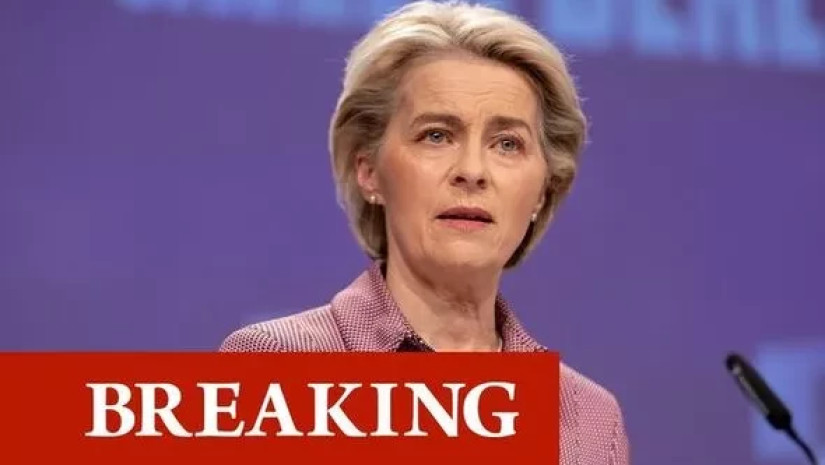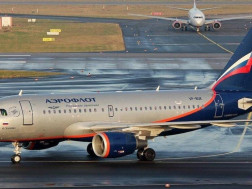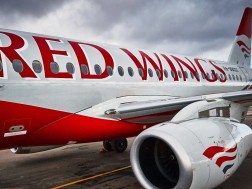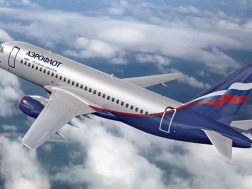Russian airlines will no longer be able to use EU airspace, according to a German radio broadcaster. Matthias Deis, deputy studio manager for German TV broadcaster ARD Capital Studio, announced the decision on Twitter. Mr Deis said: "EU countries close airspace for Russian airlines. Just confirmed to me from a reliable source."
He added: "Reversal of flights over Russian territory in anticipation of Russian response I hear. This means that Russia could also close its airspace."
This comes after Germany broke with a historic policy earlier today when they announced they would be sending military weapons to help Ukraine.
Several other European countries have made similar announcements, while Russian-owned planes can no longer enter UK airspace.
Several other European countries have made similar announcements, while Russian-owned planes can no longer enter UK airspace.
Estonia, Latvia, Slovenia and Romania said earlier today that they were banning some flights from Russia.
Russia itself earlier said it would close its airspace to flights from Bulgaria, Poland and the Czech Republic after they issued a ban on Russian jets. They retaliated in kind to the UK.
Estonian Prime Minister Kaja Kallas had urged other European Union countries to issue similar restrictions on Twitter, adding: "There is no place for planes of the aggressor state in democratic skies."
Latvian Transport Minister Talis Linkaits also said on Twitter that "Latvia will close its airspace to Russian-registered airlines for commercial flights." He added that the decision would be formally approved at the next cabinet meeting.
Flightradar 24 showed that an Aeroflot carrier, among the airplanes that had been banned from UK airspace, was forced to take a significant detour over Northern Europe and the Baltic Sea this morning between Moscow and Budapest. The journey took a full 70 minutes longer than usual.
However, Russia's closing of airspaces in response has also created problems for the West.
UK airlines would typically use Russian airspace when flying the "great circle route" over nothern Russia and into parts of Asia such as China and Japan.
















